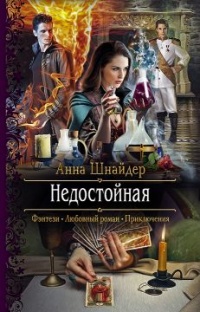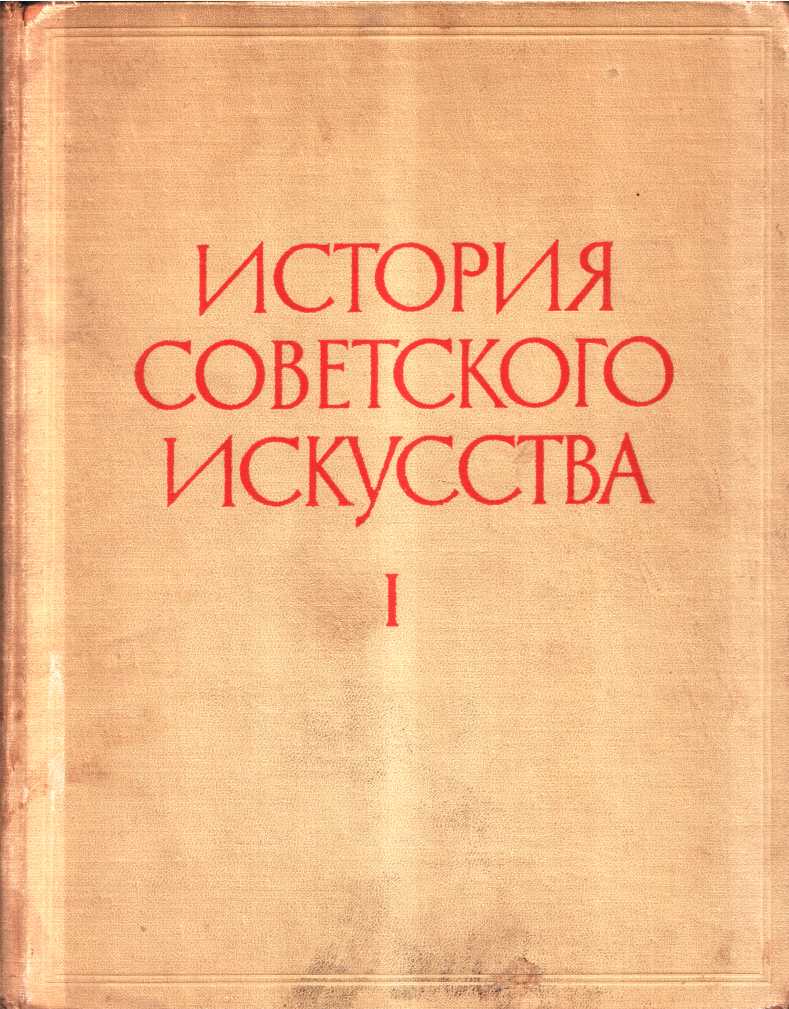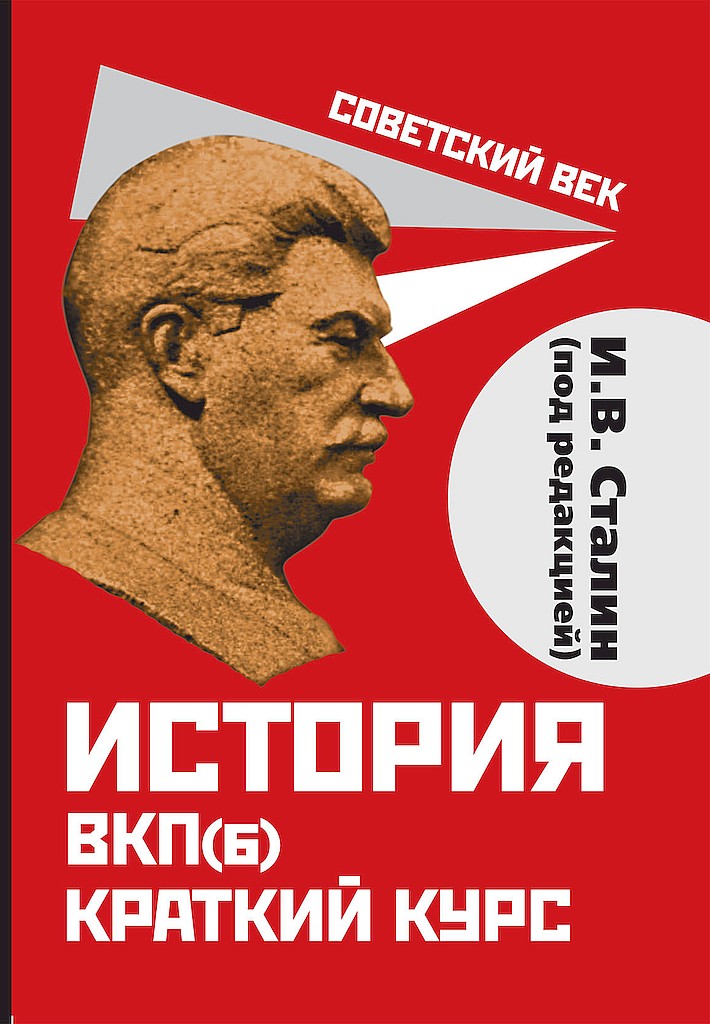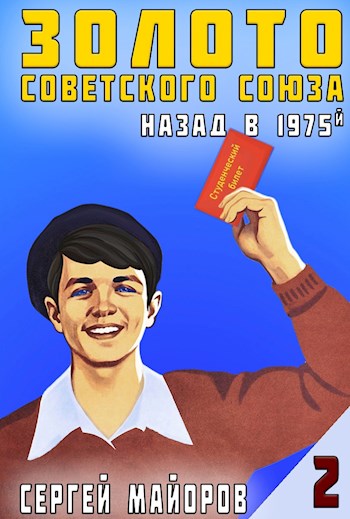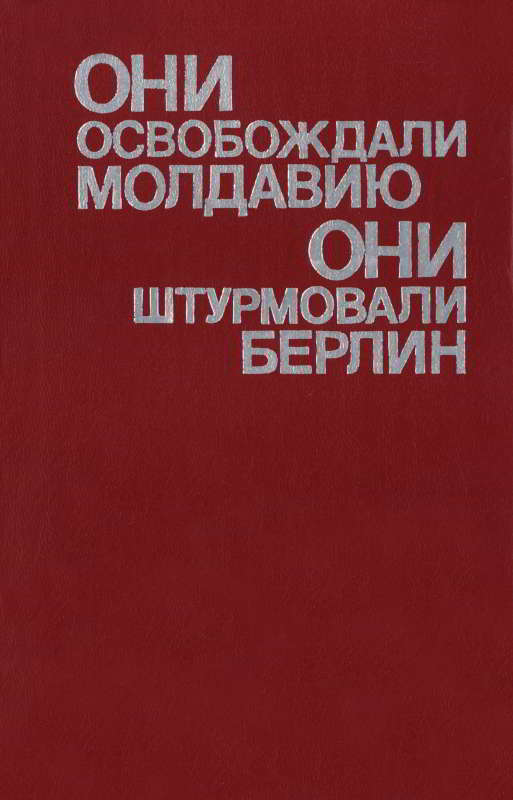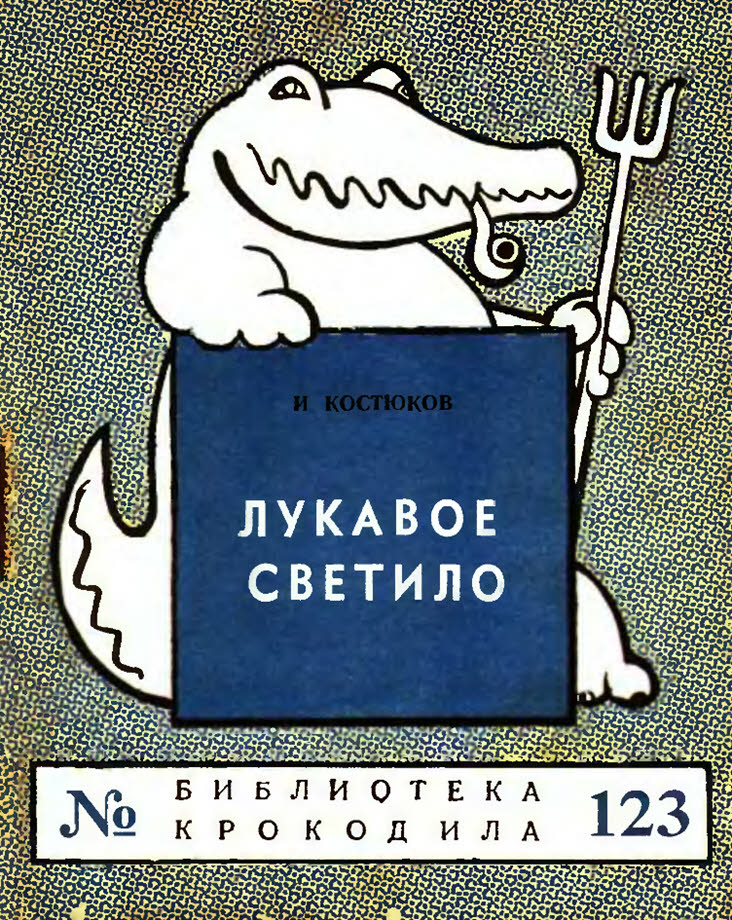Книга Между «Правдой» и «Временем». История советского Центрального телевидения - Кристин Эванс
Шрифт:
Интервал:
Закладка:
DeBlasio A. The New-Year Film as a Genre of Post-war Russian Cinema // Studies in Russian and Soviet Cinema. 2008. Vol. 2. № 1. P. 43–61.
DeLong T. Quiz Craze: America’s Infatuation with Game Shows. N. Y.: Praeger, 1991.
Dobson M. Khrushchev’s Cold Summer: Gulag Returnees, Crime, and the Fate of Reform After Stalin. Ithaca, NY: Cornell University Press, 2011.
Doherty T. Cold War, Cool Medium: Television, McCarthyism, and American Culture. N. Y.: Columbia University Press, 2003.
Dunham V. In Stalin’s Time: Middleclass Values in Soviet Fiction. Cambridge: Cambridge University Press, 1976.
Edelman R. Serious Fun: A History of Spectator Sports in the USSR. Oxford: Oxford University Press, 1993.
Edelman R. Spartak Moscow: A History of the People’s Team in the Workers’ State. Ithaca, NY: Cornell University Press, 2009.
Evans A. Soviet Marxism-Leninism: The Decline of an Ideology. Westport, CT: Praeger, 1993.
Evans C. The Soviet Way of Life as a Way of Feeling: Emotion and Influence on Soviet Central Television in the Brezhnev Era // Cahiers du monde russe. 2015. Vol. 56. № 2–3. P. 543–569.
Fainberg D. Cold War Correspondents: Soviet and American Reporters on the Ideological Front Lines. Baltimore: Johns Hopkins University Press, 2020.
Field D. Private Life and Communist Morality in Khrushchev’s Russia. N. Y.: Peter Lang, 2007.
First J. From Spectator to «Differentiated» Consumer: Film Audience Research in the Era of Developed Socialism (1965–80) // Kritika: Explorations in Russian and Eurasian History. 2008. Vol. 9. № 2. P. 317–344.
Fishzon A. The Operatics of Everyday Life, or, How Authenticity Was Defined in Late Imperial Russia // Slavic Review. 2011. Vol. 70. № 4. P. 795–818.
Fiske J. Television Culture. L.: Methuen, 1987.
Fitzpatrick S. Supplicants and Citizens: Public Letter-Writing in Soviet Russia in the 1930s // Slavic Review. 1996. Vol. 55. № 1. P. 78.
Fitzpatrick S. Tear Off the Masks! Identity and Imposture in Twentieth-Century Russia. Princeton, NJ: Princeton University Press, 2004.
Flatley J. Affective Mapping: Melancholia and the Politics of Modernism. Cambridge: Harvard University Press, 2008.
Fürst J. Stalin’s Last Generation: Soviet Post-War Youth and the Emergence of Mature Socialism. Oxford: Oxford University Press, 2010.
Fürst J. Where Did All the Normal People Go: Another Look at the Soviet 1970s // Kritika: Explorations in Russian and Eurasian History. 2013. Vol. 14. № 3. P. 621–640.
Gans H. J. Deciding What’s News: A Study of CBS Evening News, NBC Nightly News, Newsweek, and Time / Ed. by D. Abrahamson. 2nd ed. Evanston, IL: Northwestern University Press, 2004.
Gehlbach S. Reflections on Putin and the Media // Post-Soviet Affairs. 2010. Vol. 26. № 1. P. 77–87.
Gilburd E. Picasso in Thaw Culture // Cahiers du monde russe. 2006. Vol. 47. № 1–2. P. 65–108.
Gilburd E. To See Paris and Die: Western Culture in the Soviet Union, 1950s and 1960s. Ph. D. diss., University of California, Berkeley, 2010.
Gorbachev M. Memoirs. N. Y.: Doubleday, 1995.
Gorsuch A. Youth in Revolutionary Russia: Enthusiasts, Bohemians, Delinquents. Bloomington: Indiana University Press, 2000.
Gronow J. Caviar with Champagne: Common Luxury and the Ideals of the Good Life in Stalin’s Russia. N. Y.: Bloomsbury Academic, 2003.
Gumbert H. Envisioning Socialism: Television and the Cold War in the German Democratic Republic. Ann Arbor: University of Michigan Press, 2014.
Gumbert H. Split Screens? Television in East Germany, 1952–1989 // Mass Media, Culture, and Society in Twentieth-Century Germany / Ed. by K. C. Führer, C. Ross. N. Y.: Palgrave MacMillan, 2006. P. 146–164.
Hall S. Encoding/Decoding // Media and Cultural Studies Key Works / Ed. by M. G. Durham, D. M. Kellner. Malden, MA: Blackwell, 2006.
Hannerz U. Foreign News: Exploring the World of Foreign Correspondents. Chicago: University of Chicago Press, 2004.
Hanson S. E. Plebiscitarian Patrimonialism in Putin’s Russia: Legitimating Authoritarianism in a Postideological Era // The Annals of the American Academy of Political and Social Science. 2011. № 636. P. 32–48.
Hilmes M. Network Nations: A Transnational History of British and American Broadcasting. N. Y.: Routledge, 2012.
Hoershelman O. Rules of the Game: Quiz Shows and American Culture. Albany: State University of New York Press, 2006.
Hoffman D. Stalinist Values: The Cultural Norms of Soviet Modernity, 1917–1941. Ithaca, NY: Cornell University Press, 2003.
Hutchings S., Rulyova N. Television and Culture in Putin’s Russia: Remote Control. N. Y.: Routledge, 2009.
Huxtable S. In Search of the Soviet Reader: The Kosygin Reforms, Sociology, and Changing Concepts of Soviet Society, 1964–1970 // Cahiers du monde russe. 2013. Vol. 54. № 3. P. 623–642.
Huxtable S. The Problem of Personality on the Soviet Screen, 1950s–1960s // View: Journal of European Television History and Culture. 2014. Vol. 3. № 5. P. 119–130.
Imre A. Identity Games: Globalization and the Transformation of Media Cultures in the New Europe. Cambridge, MA: MIT Press, 2009.
Imre A. Television for Socialist Women // Screen. 2013. Vol. 54. № 2. P. 249–255.
Ironside K. Khrushchev’s Cash-and-Goods Lotteries and the Turn Toward Positive Incentives // The Soviet and Post-Soviet Review. 2014. Vol. 41. № 3. P. 296–323.
Ironside K. The Value of a Ruble: A Social History of Money in Postwar Soviet Russia, 1945–1964. Ph. D. diss., University of Chicago, 2014.
Jackson M. J. The Experimental Group: Ilya Kabakov, Moscow Conceptualism, Soviet Avant-Gardes. Chicago: University of Chicago Press, 2010.
Janco A. KVN: Live Television and Improvised Comedy in the Soviet Union, 1957–71 // Popular Television in Authoritarian Europe / Ed. by P. Goddard. Manchester: Manchester University Press, 2013. P. 124–140.
Jenks A. The Cosmonaut Who Couldn’t Stop Smiling: The Life and Legend of Yuri Gagarin. DeKalb: Northern Illinois University Press, 2012.
Jones P. Myth, Memory, Trauma: Rethinking the Stalinist Past in the Soviet Union, 1953–1970. New Haven: Yale University Press, 2014.
Jones P. The Fire Burns On? The Fiery Revolutionaries Biographical Series and the Rethinking of Propaganda in the Brezhnev Era // Slavic Review. 2015. Vol. 74. № 1. P. 32–56.
Kelly C. Refining Russia: Advice Literature, Polite Culture, and Gender from Catherine to Yeltsin. Oxford: Oxford University Press, 2001.
Kharkhordin




















